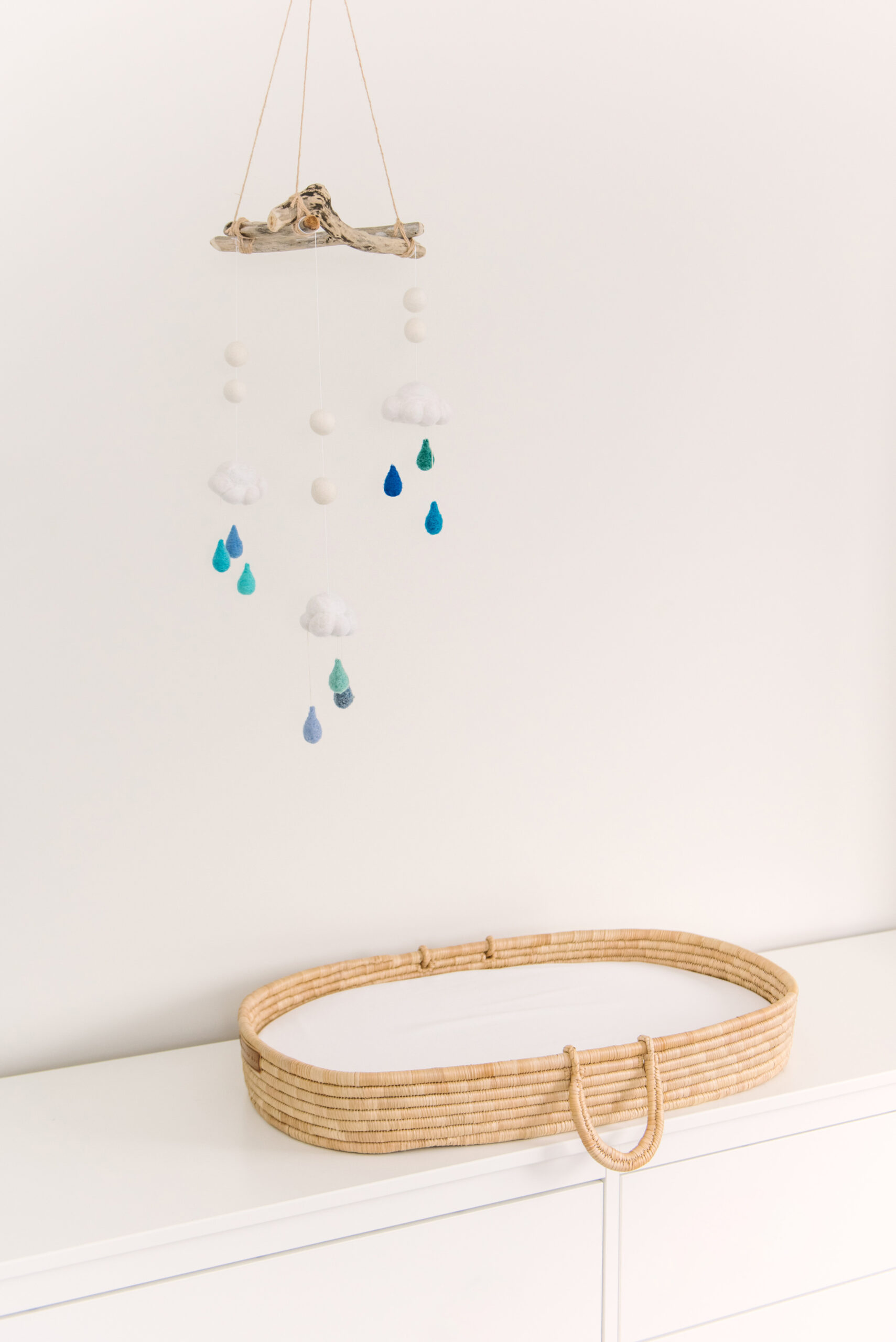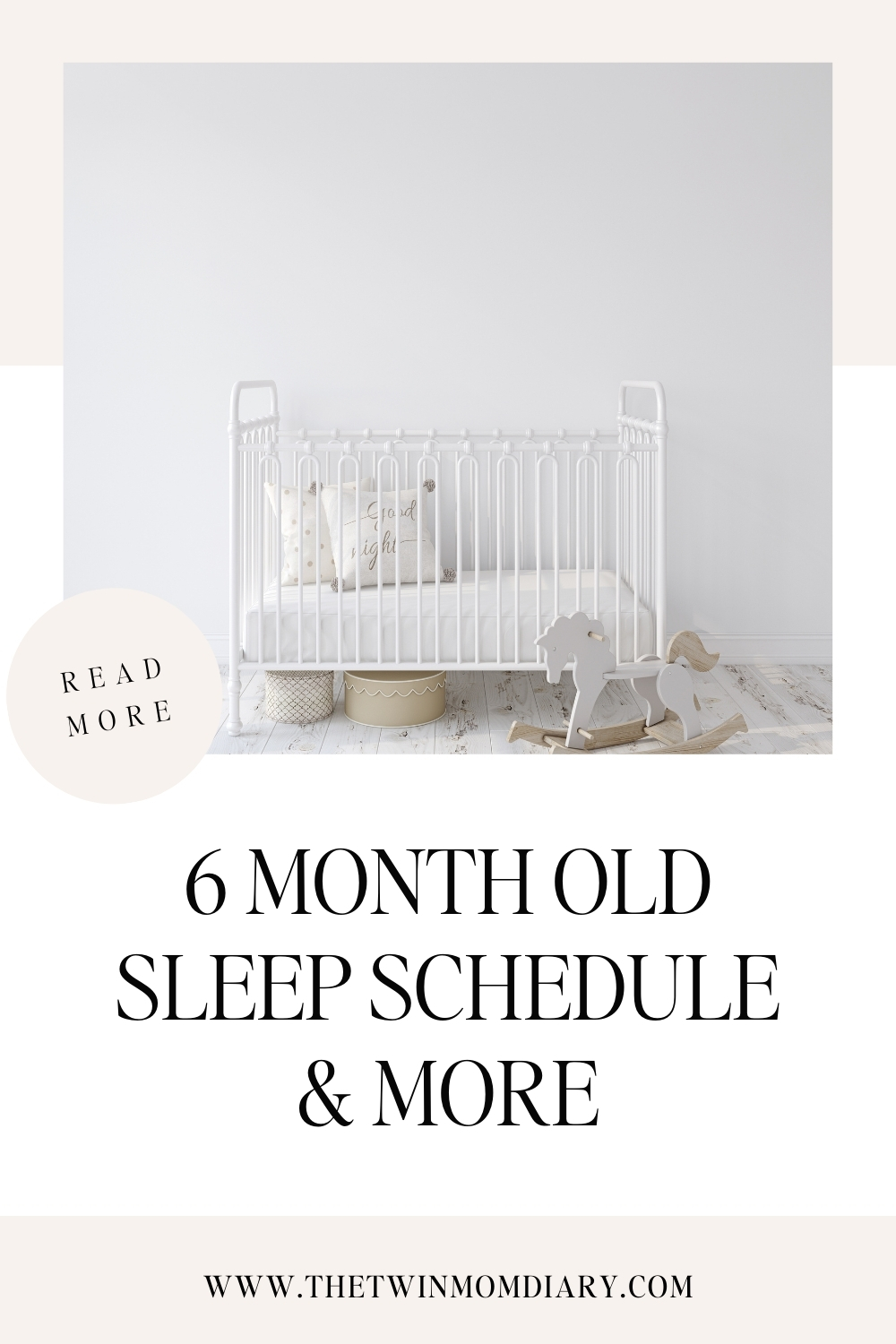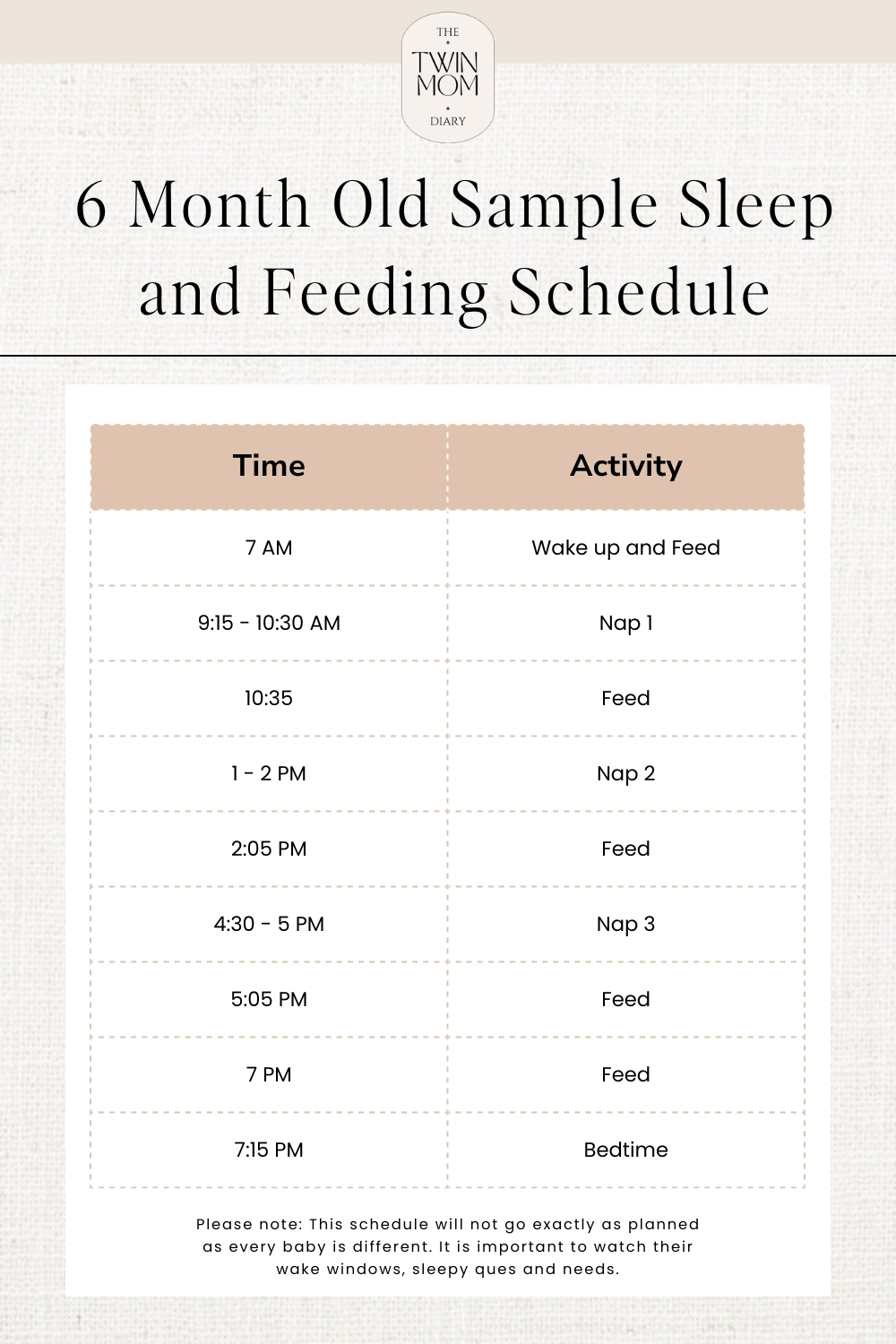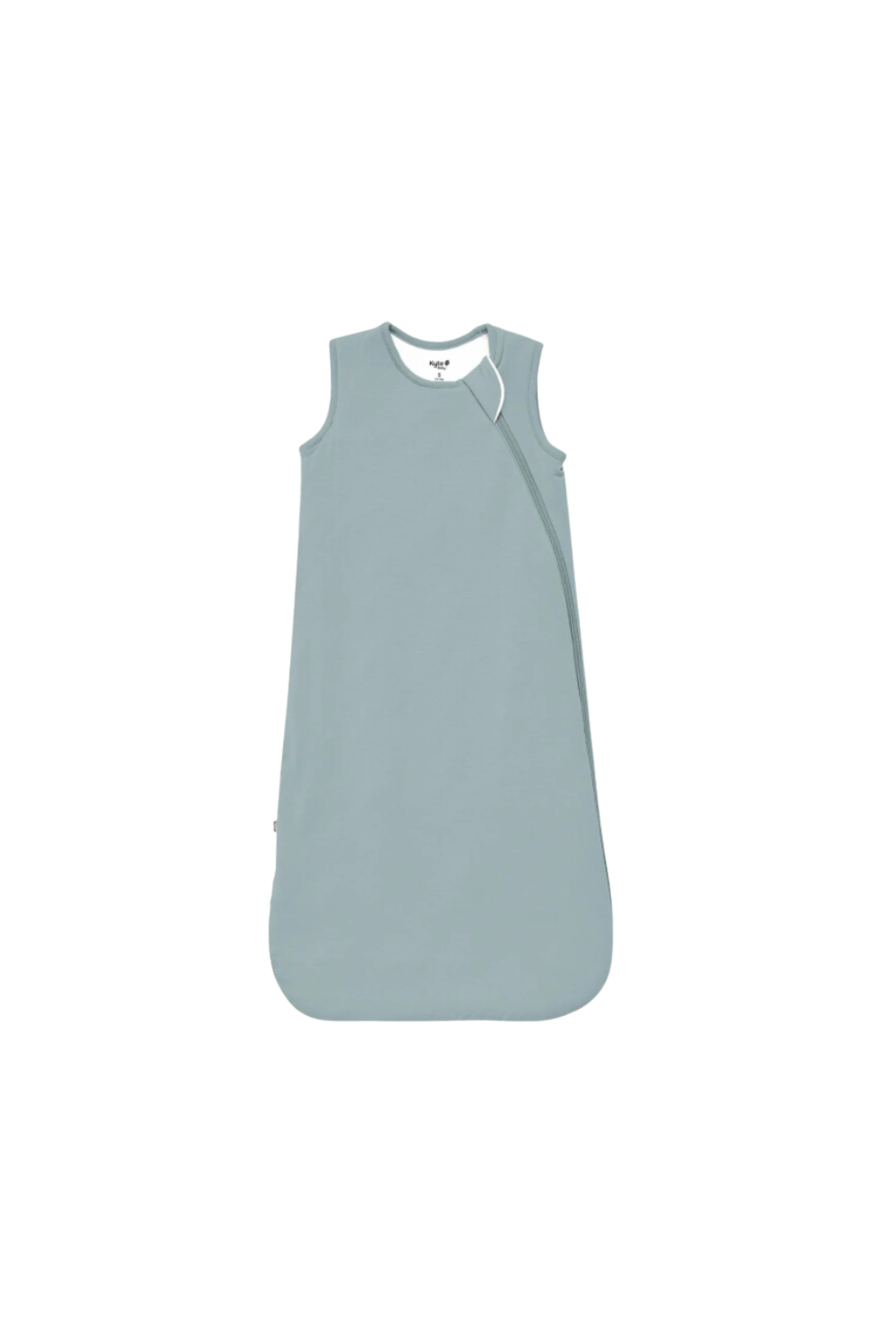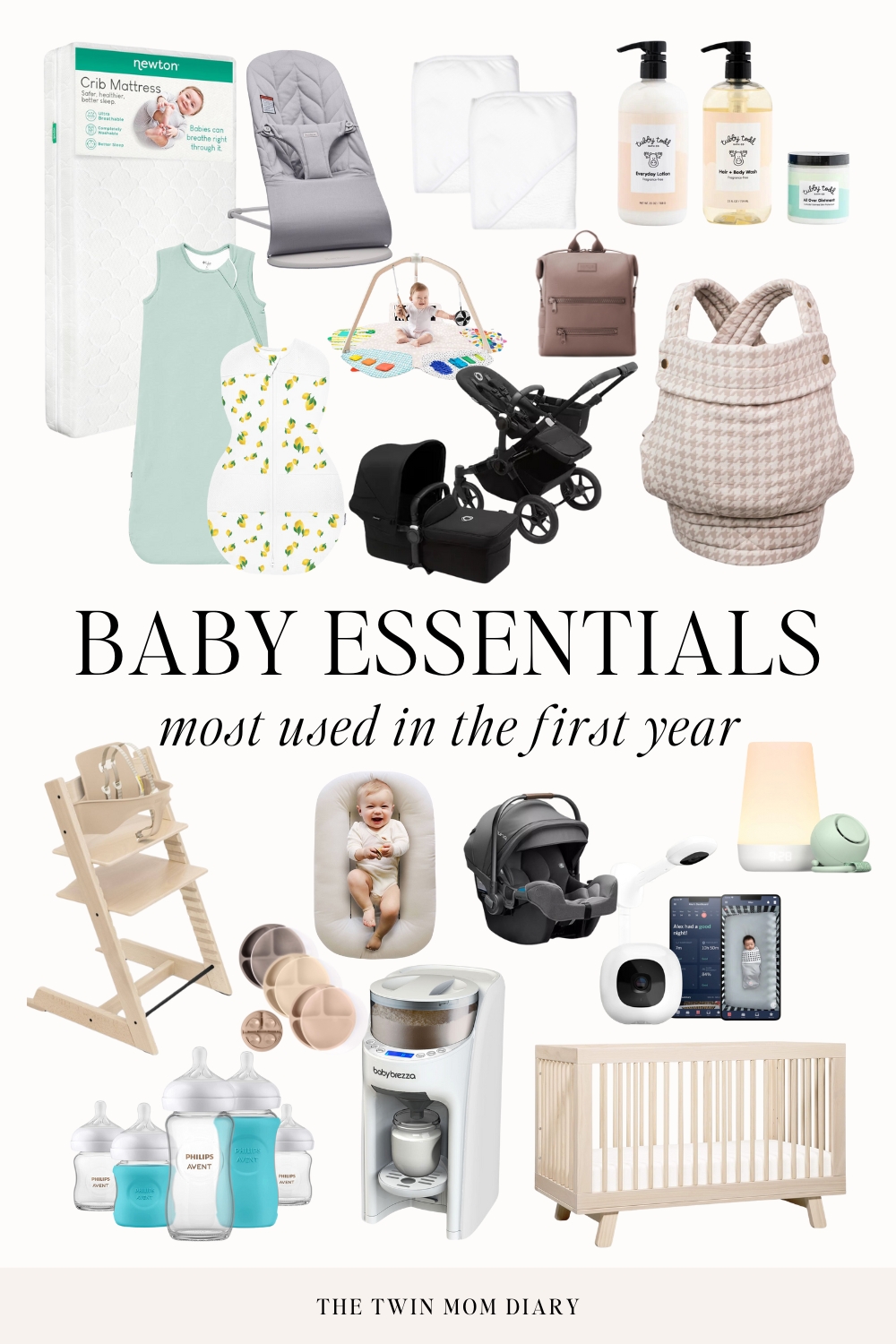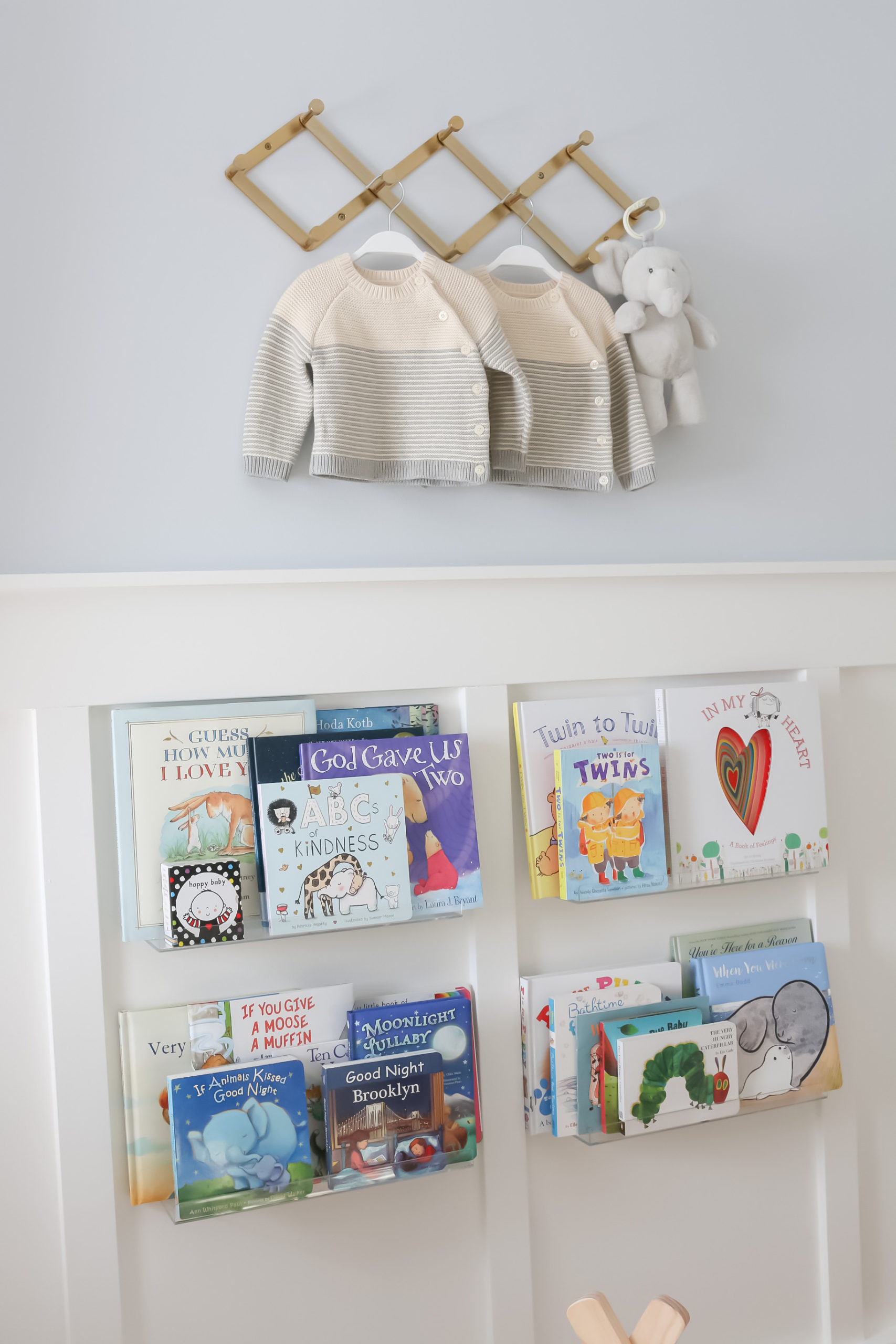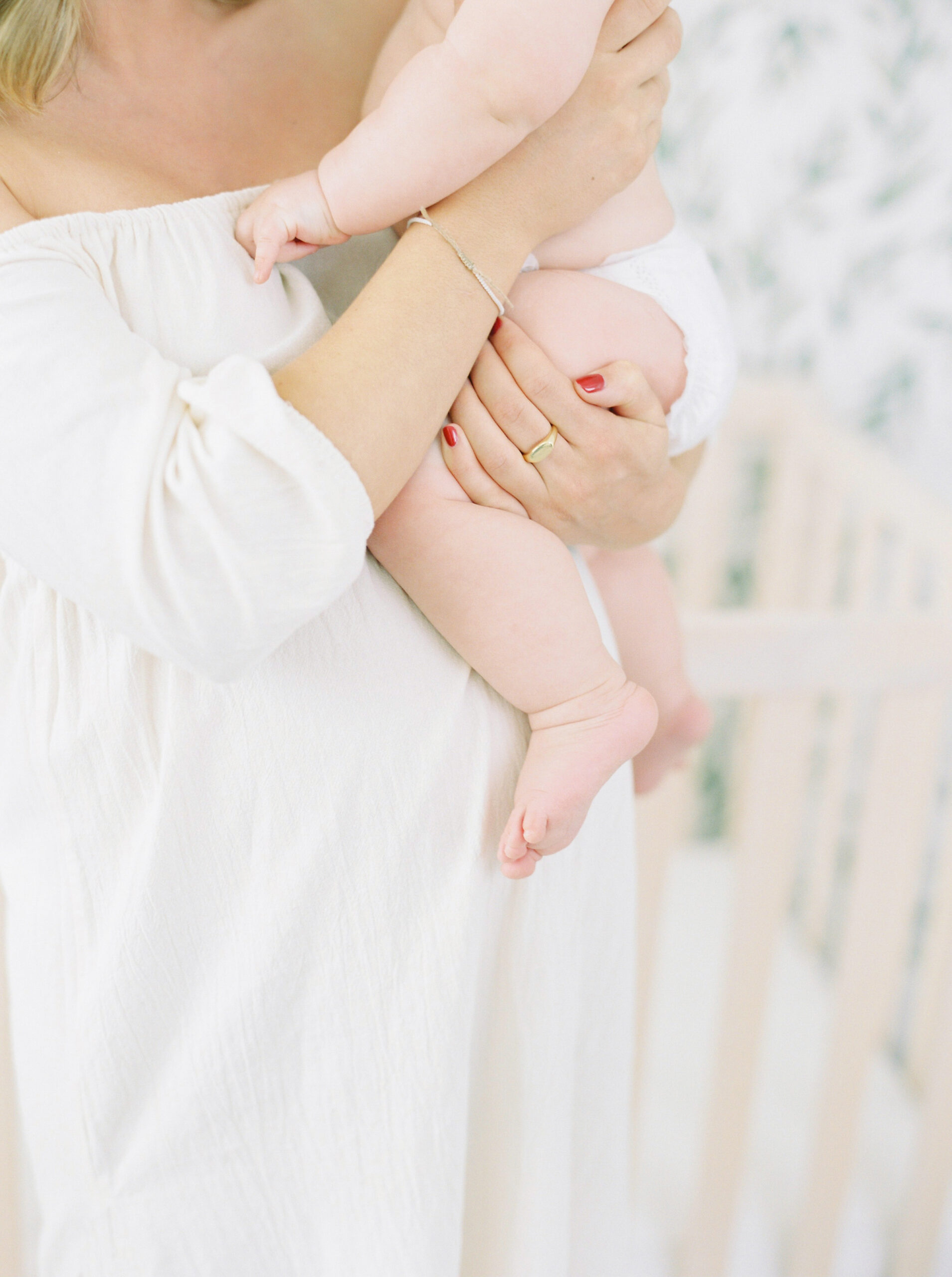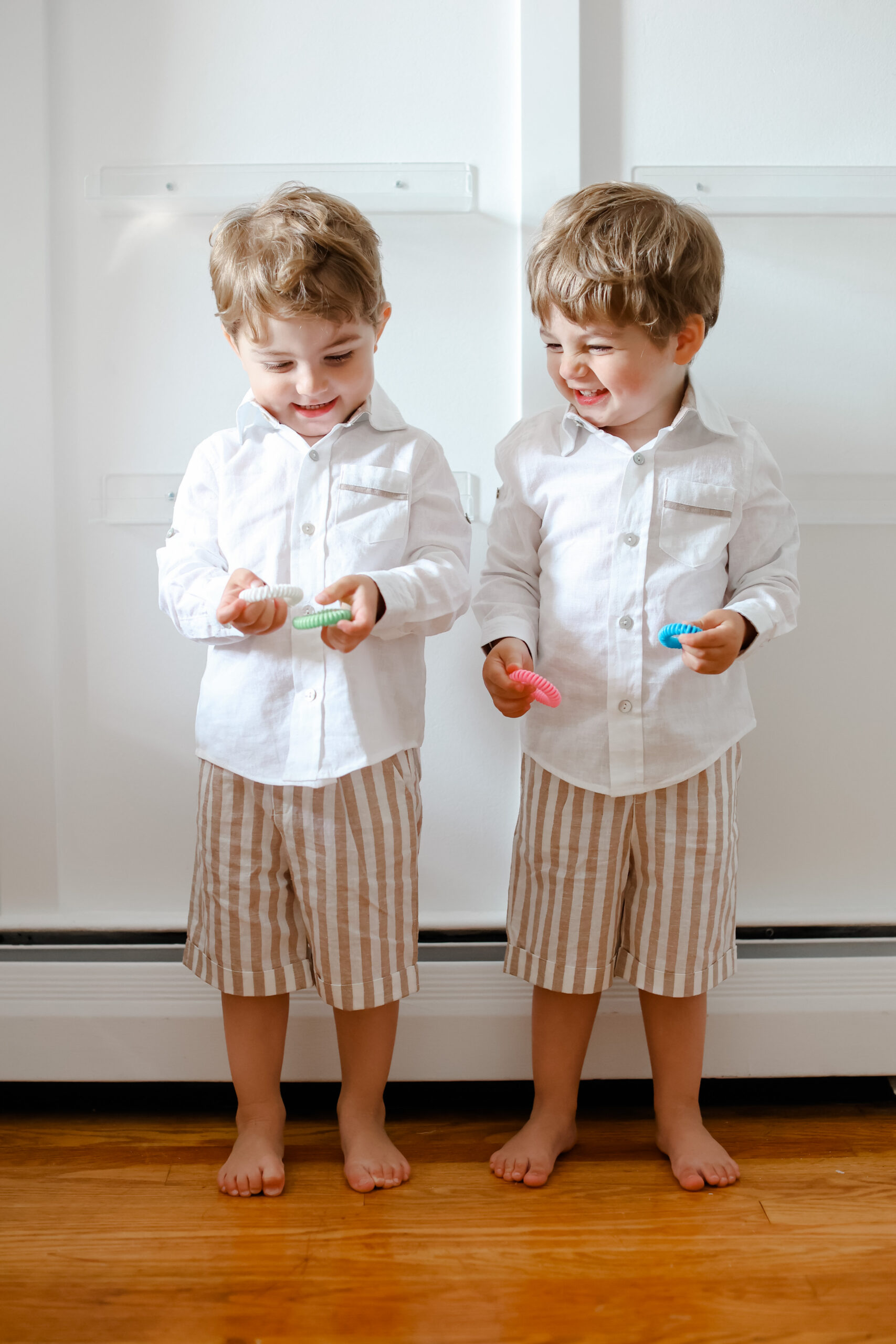Are you currently holding your baby and looking for a 6-month-old sleep schedule? Here is everything you need to know about your 6-month-old baby including the 6-month-old schedule.
6 months is an exciting and can be a difficult period you may be dealing with another sleep regression. But no need to worry, today we will answer the most common questions about sleep schedules, wake windows, feedings, and more. As a twin mom who lived through through it all with my twins, I know how challenging this time can be for sleep.
As a certified pediatric sleep consultant, I will give you the exact schedule I used with my twins and my clients, discuss things you may notice around 6 months and so much more. After reading this post, you will know exactly how to help your little one sleep better.
6 Month Old Sleep Schedule
Sample sleep and feeding schedule for a 6 month old
Some general sleep and feeding guidelines for a 6 month old are:
- Average total daytime sleep: 3 - 3.5 hours
- Average wake time: 2 - 2.5 hours
- Naps: 2 - 3 naps
- Total Sleep (Day + Night): 13 - 14+ hours
- Daytime feedings: Every 2 - 3 hours
- Bedtime: 7:00 - 8:00 PM
Wake time are increased to 2 to 2.5 hours hours. If a nap ever goes unplanned or on the shorter side use a 2 hour and 15 minute wake window and then offer a nap again.
6 month old wake window
Before we discuss the wake window for a 6 month old, lets first discuss what a wake window is. A wake window is simply the amount your baby is awake between their naps. It's really important to keep track of your baby's wake window to prevent them from being overtired or under-tired which often leads to a difficult sleep environment.
A 6 month old's wake window should be anywhere from 2 hours to 2.5 hours at most.
What if my baby was born earlier?
If your baby or twins were born earlier, you will use adjusted age for all wake windows and sleep needs. So if your baby was born at 36 weeks, you will use a 5 month old wake windows and sleep needs instead of a 6 month old.
How long should my 6 month old nap?
A 5 month old may take 3 naps a day and you want to aim for a total of 2.5 to 2.5 hours of daytime sleep. Closer to 7 months, your baby may start to nap 2 times which is often when the 3 - 2 nap transition begins.
How many naps should my 6 month old take?
Your 6 month old should be napping 3 times a day. Use an earlier bedtime to compensate for a day of bad naps. Bedtime can be as early as 6 PM on a day of short naps. A short nap is considered anything 45 minutes and under.
How many hours should my 6 month old sleep?
The total sleep (day + night) should be 13-14+ hours. Roughly 12 hours of nighttime sleep and 2.5 - 3.5 hours of daytime sleep.
When should bedtime be for my 6 month old?
Bedtime can be a tricky subject as different families have different needs, some may prefer for their kids to have a later bedtime such as 9 PM, or an early bedtime such as 7 PM.
A 6 month old can be put to bed as early as 6 PM, especially on a day of short naps . A great way to know when bedtime should be is to aim for a 2 hour and 15 minute to 2 hour wake and 30 minute window after the last nap. So if the last nap ended at 5 PM, bedtime should be around 7:15 PM.
When should the last nap for my 6 month old be?
Aim for the last nap to end around 4:30 - 5 PM if you are aiming for a 7 PM bedtime.
What if my 6 month old didn't take their naps as planned?
Use an earlier bedtime to compensate for days with short naps (as early as 6 PM).
Is there a 6 month sleep regression?
Yes, there is a sleep regression around 6 months. Here is what you can expect:
The 6 month sleep regression is caused by development of new skills and teething. Your baby may begin waking at night more often, short naps or resisting them all together and early morning wakings that can happen before 6AM.
Your baby is starting to experience all these new ways of moving around, playing and learning, there is so much going on in their little brain at this time. Around 6 months, most babies start to cut their first tooth (or two), sitting up on their own for the first time and rolling from front to back and back to front. That is a whole lot of changes for such a small period of time! It is extremely exciting and distracting for them, and they want to practice these new skills whenever they get a chance too, even if it's 1 o'clock in the morning when they should be sleeping!!
How long does the 6 month old sleep regression last and what can I do to help it?
know it may feel like the sleep regression lasts forever! But if you are keeping a consistent routine and practicing healthy sleep patterns, then the sleep regression should pass within 2-6 weeks returning back to normal sleep habits. If you are still struggling after 6 weeks, it could be the beginning of poor sleep habits such as being rocked to sleep, nursing to sleep, short naps to name a few.
Remember this is just a small phase that your baby is going through. This is not the new normal but just a regression. If you notice your baby wants to continue practicing their new skill, do it whenever possible, for as long as the baby wants! Remember to spend some quality time and play time in the baby's room when it's not bedtime or nap time. This can really help the baby associate their room as a happy and safe environment. If they know how much you love playing there, they will love it just as much!
Why is my 6 month old fighting sleep?
One of the biggest reasons your baby may be fighting sleep is because they are overtired or not tired enough. Ensure you are following age-appropriate wake windows and maintain a consistent bedtime routine which helps the baby understand sleep is coming.
Can I start using a sleep sack with my 6 month old?
Yes! Most babies show signs of rolling around 4 - 5 months which means it is time to discontinue swaddling. You can move on to sleep sack. This is the one we love and have.
I have twins, their crying is waking each other up. How can I fix it?
This is a very common fear among twin parents. One thing you can do is place the cribs on the opposite sides of the wall. But if that is not an option, know that often twins will sleep through each other's cries and many times it is soothing for them.
Can I sleep train my 6 month old?
Yes! If it's something your family is looking for, 6 months is a great age to start. Sleep training does not mean you leave your baby crying in their crib for hours upon hours. There are many gentle methods you can choose from that help support your baby each step of the way.
What are some 6 month old milestones?
As parents, it's natural to feel a sense of excitement and anticipation as our babies reach new milestones. Just remember each baby is different and these milestones are just based on age ranges. If you have any concerns about your baby's milestones, be sure to speak to your pediatrician.
Let's delve into some of the exciting milestones you can expect to see from your six-month-old.
- Physical Development: They may start to sit up without support, roll over both ways, and possibly even begin to crawl or scoot.
- Motor Skills: They might grasp objects using their whole hand, transfer objects from one hand to the other, and possibly pick up small objects with their thumb and forefinger (pincer grasp).
- Communication: They may babble consonant-vowel combinations ("ba-ba," "da-da"), respond to their own name, and show interest in conversation by cooing or babbling in response to speech.
- Social and Emotional: Babies may show more interest in people and may become more expressive, smiling at familiar faces and possibly showing some stranger anxiety.
- Cognitive Development: They may begin to explore objects by shaking, banging, or mouthing them, and they might show an interest in cause and effect by repeating actions that produce interesting results.
- Feeding: Many babies begin to show interest in solid foods around six months old, although some may not be ready until a bit later. They may also start to drink water from a cup with assistance.
What are some activities for a 6 month old?
There are many fun and engaging activities you can do with a 6-month-old baby to stimulate their development:
1. Tummy Time: Encourage tummy time to help strengthen their neck and upper body muscles. Place toys just out of reach to motivate them to lift their head and reach for objects.
2. Sensory Play: Provide different textures for your baby to explore, such as soft blankets, crinkly toys, or textured balls. You can also introduce them to new smells and sounds, like the rustling of leaves or the scent of flowers.
3. Interactive Games: Play simple games like peek-a-boo or pat-a-cake to promote social interaction and bonding.
4. Reading: Read board books with bright colors, simple illustrations, and textures for your baby to touch. Even though they may not understand the words yet, they will enjoy listening to your voice and looking at the pictures.
5. Music Time: Sing songs, play gentle music, or introduce them to musical toys like rattles or bells. You can also dance with your baby in your arms or encourage them to move to the rhythm.
6. Exploration: Allow your baby to explore safe household objects under supervision, such as wooden spoons, plastic containers, or fabric scraps. Just be sure to avoid small items that could be choking hazards.
7. Outdoor Time: Take your baby for walks in a stroller or carrier to expose them to different sights, sounds, and sensations. You can also spend time in the backyard or a local park, letting them feel the grass or watch birds and insects.
8. Baby Gym: Set up a baby gym with hanging toys and activity mats to encourage reaching, grasping, and kicking.
Remember to always supervise your baby during playtime and choose activities that are appropriate for their developmental stage.
I also have some of my favorite toys for a 6 month old here.
